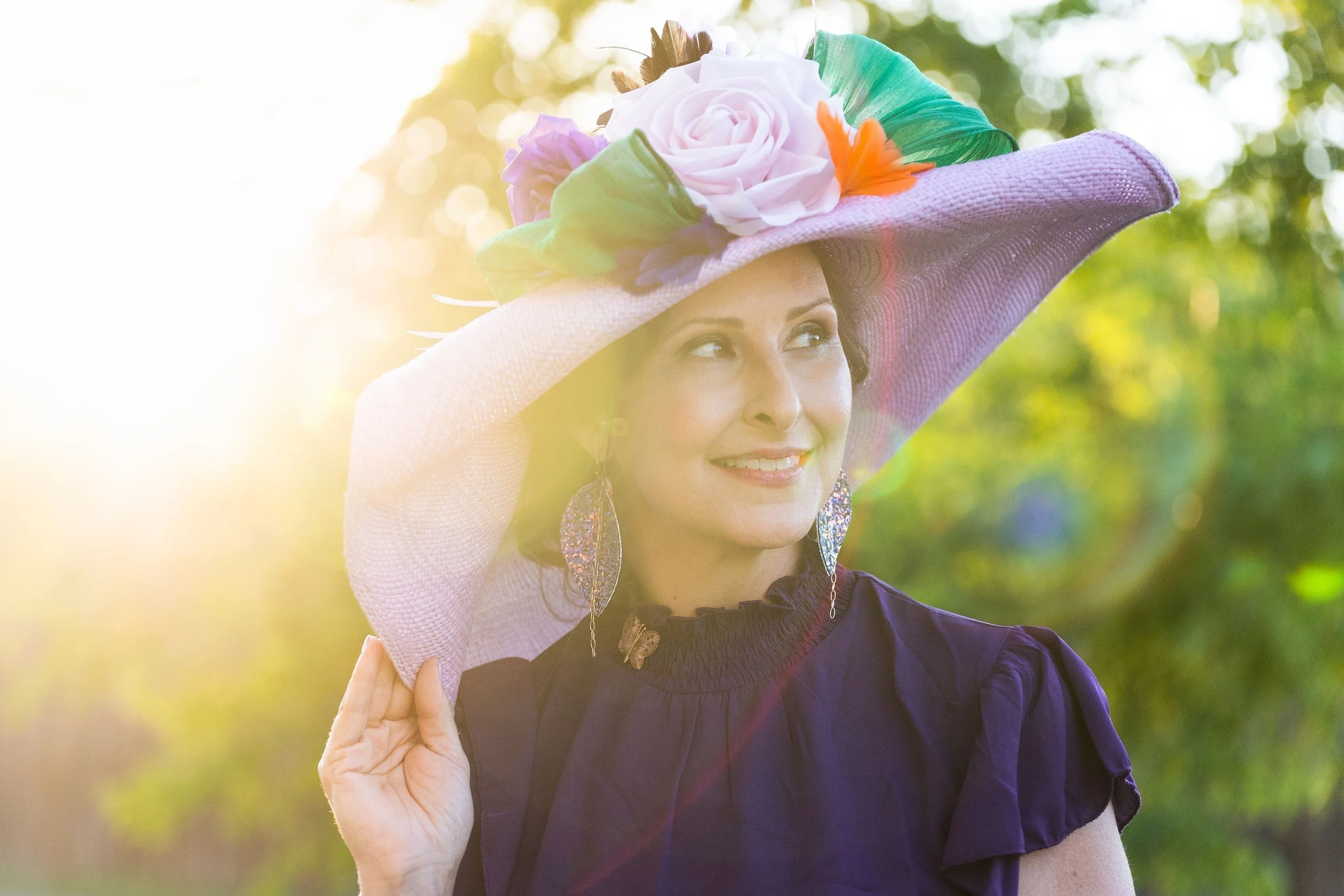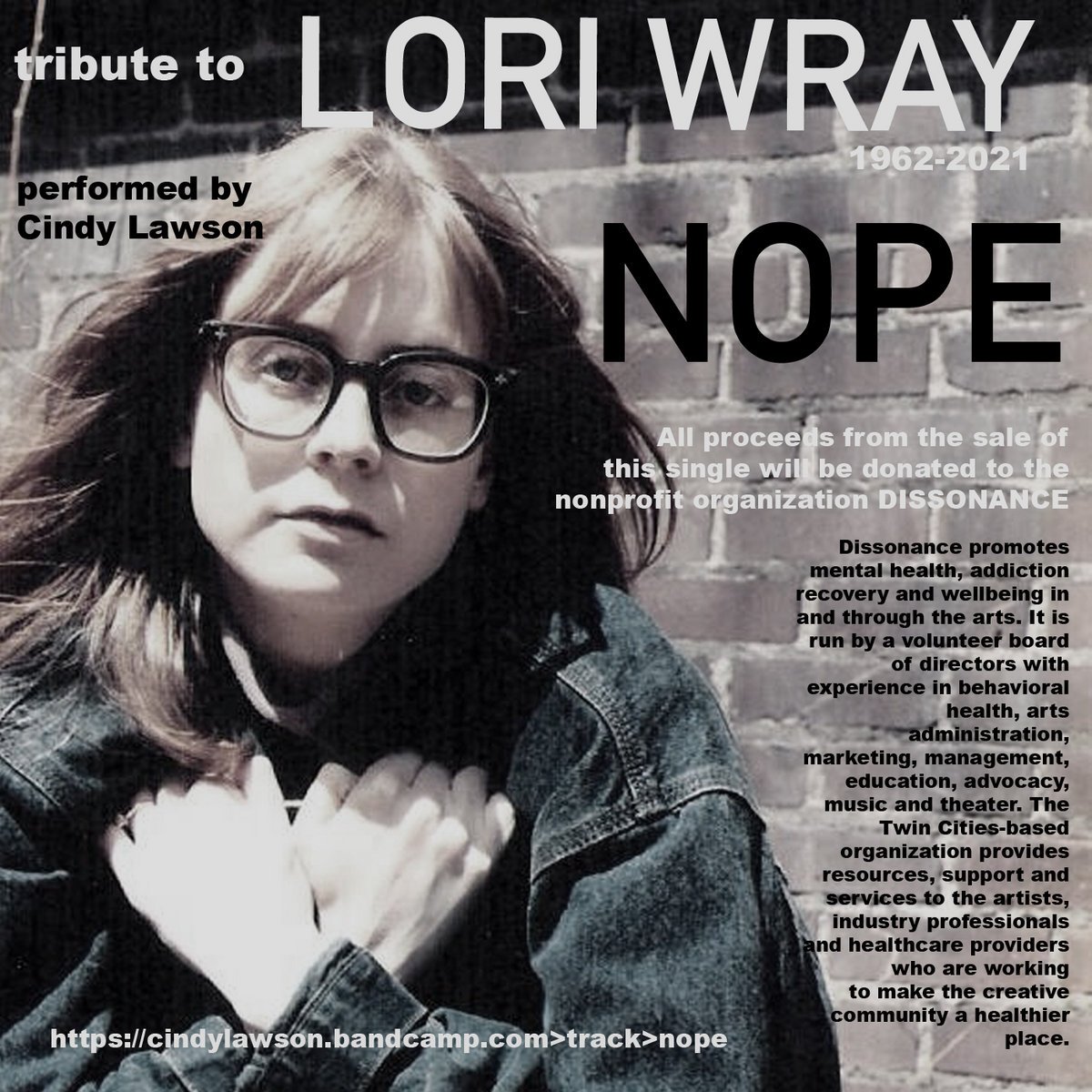By Chris Koza
When I first started playing music professionally, I performed wherever I could, and this meant accepting whatever compensation was offered, especially around the margins. $25 and a pound of beans? Done. Also one free coffee drink? Give me that large mocha with extra whip! After all, I wanted to maximize my earnings and this meant accepting everything. Maybe there’d be some sandwiches and pastries being thrown out at the end of the night and the manager would offer a couple of these as well. I could leave the gig super caffeinated with some money in my pocket, a pound of beans, and some muffins. Add it all up and that’s serious value for doing something I had previously done for free. It doesn’t sound like a lot, but that’s the situation for many new performers, and not every venue can offer more. It all seems so cute now, and please be assured I am grateful for every last crumb.
My caffeine tolerance is such that downing a large mocha at 10 p.m. confuses my circadian rhythms. I like to think now that when you’re young, you can handle any chemical disruption - your body is a machine of processing toxins and optimizing energy. You’re curious and resilient. Fast-forward to playing bars and clubs, and instead of mochas, muffins, and beans, you’re slamming backstage beers, feasting on chips and salsa, and staying up for set times that don’t start until 10, 11, or midnight. Short sleep for a night can be a hero’s suffering but when it becomes the norm, decision-making and mental, emotional, and physical health all begin to suffer. If copious caffeine and sugar is a disruption for sleep, what about a half dozen drinks? What about piles of fries and pizza at 1 a.m.? Milkshakes? And this is just referencing some PG-rated stuff.
Ok, so what’s the big deal? Mochas and salsa? Not really evil vices. A few beers? Not inherently the problem for everyone. This is the age-old practice of hospitality that venues generously offer and performers gratefully accept. Once you’re a successful act, you make requests or eventually have your own personal catering, but a different quality of options alone doesn’t guarantee wholesale healthier practices.
There have been countless times where I found myself using that last drink ticket when I didn’t really want to, just because it was part of the compensation. Or eating an entire bag of cookies or candy bars because it was part of craft services. Or taking all of the leftovers from the band meal home, not because I was concerned about food waste, but because I felt I couldn't waste a part of the compensation. This mentality of scarcity would creep in - one that compels us to consume it all. It’s strange, unflattering, unhealthy and unsustainable. This mentality of scarcity tends to creep in when I’m feeling worn down — tired and unable to scramble out of the shallow emotional ditch I’ve fallen into.
When deciding to take the show on the road, it was an onerous task to book tours. Despite our desire and conviction, we didn’t have an audience beyond a handful of folks in most places. I’m thankful for all the hard work everyone put in to make the dates and routing make any sense at all. The money was probably enough for one person but definitely not a whole band, so we’d try to stretch resources anywhere we could. That often meant downtime between soundcheck and set times at the venue accepting whatever comp drinks and food they would offer. We would partake - this was part of the compensation. Some venues were truly spectacular in their hospitality, making us road-warriors feel like royalty with the quality of what they could offer, even when the money wasn’t substantial. Sometimes, after our set, we’d stay at the venue and finish whatever snacks and drinks were there for us. Maybe an excited and generous show-goer would offer to buy the band a round, not thinking that we’d be better off with a bowl of hot soup and a glass of V8 over another mug of cold beer.
People love music, but nobody has to be a musician. Is it a choice? A calling? Trading on innate ability? In a capitalist society, the value proposition of schlepping your art across the country is far from a guarantee. Many creative people do it, do it well, and thrive while successfully spreading their art to the masses. But so many more are just scraping by while under immense pressure to validate their self-worth and just plain survive.
My observations aren’t really about venues or music or excess. It’s about a mentality; a mentality of scarcity. In my experience, the vast majority of people at venues and in bands want to do their best and go above and beyond, whenever possible, in satisfying the terms of the agreement; they want to build good relationships and support each other. Life isn’t about trying to squeeze blood from a rock and claim as much as you can. Extreme capitalism is like that, but that doesn’t have to be a way of life.
It’s easy for the late nights, long drives, and a compromised diet to chip away at sleep and morale, affecting decision-making and ambition. Nobody likes to work their ass off for something they believe in only to see all of the energy they keep putting out into the world come back in tiny, indifferent fractions. If you only made $25 at the show, maybe that’s exciting and maybe that’s depressing. But maybe it’s more exciting or less depressing if the venue hands over a coffee and some snacks. Or that $25 by itself doesn’t much impact your finances but if you’ve had three free drinks from the venue, at least you don’t have to spend that $25 on catching a buzz.
The underlying issue remains, though, once the buzz wears off. I feel there is a sense of glamorization when it comes to the “rock and roll” lifestyle, as if there is some great all-seeing dues-collector who is watching to make sure that every wanna-be rockstar is enduring rough patches that are sufficiently deep-enough to justify potential membership. I don’t know what “making it” even means though. Through the years there have been times of great attention and opportunity, and times when it seems like everything has dried up. I figured early on that the idea of success is a moving target that not everyone can afford to hold as absolute.
Ten years ago, I thought by now I’d be sustainably touring the USA and beyond, playing modest 400- to 1,000-person rooms filled with an audience that would hang onto every word. Now I see what a rare and difficult level that is to achieve. Now I say that success is doing what you love, and loving what you do. My livelihood still revolves exclusively around music, but I don’t count the number of shows and the sizes of the rooms so closely any more. I try to bring a little more joy and context into every room and upon each stage I step. I try to reach one listener at a time by being my best and truest self.
In breaking down life as a series of choices and consequences, if what you really need are better consequences, then it’s easier to consider making healthier choices more often. What better choice can you make for yourself than the choice of good health? This doesn't mean always saying yes or no, but it can mean being aware of why you’re saying yes or no. If I’m saying yes to that martini because I’m happy about how the show went, that’s one thing. If I’m saying yes because I feel upset and under-appreciated, that’s another. If I’m saying yes because I really want it, that’s one thing. If I’m saying yes because it’s filling a void where something else is lacking — if I feel owed — that’s another.
I don’t believe there is anything wrong with enjoying the fruits of one’s labor. There’s nothing inherently wrong with having a good time and going with the flow of an amazing night. There’s nothing evil about staying up into the wee hours chasing the truths of the universe. Everyone has a different threshold of what they’re willing or able to endure. For me, It’s easier for my mental, emotional and physical health to become compromised when my choice is to keep surging forward — to keep consuming.
I’m not a young upstart anymore. I like to try for a good night’s sleep and a productive tomorrow. I have to remind myself that I am capable of making a healthier choice in the moment, which is more likely to lead to a healthier consequence. I struggle when confronting lifestyle and choices in terms of ultimatums. Life is much more than the thing that you do, or the money you earn, or the things you consume.
If I could give my younger performer self a piece of advice, I would suggest: more often than not, ask for a decaf and leave all but one of the day-old muffins for the birds; give that last drink ticket to a friend; order a salad and a cup of herbal tea at 1 a.m. instead of a patty melt and an IPA; go for a walk outside or take a nap in the van instead of hanging in the venue for three hours; and be present in more of the difficult moments. I would whisper to my younger performer self to let the shortcomings of the moment turn into real hunger, and let that hunger lead to real action. Don’t become best friends with that box of warm chardonnay and the wilted veggie tray with the room-temperature ranch dip. (Mostly) everybody means well, but only you can choose to be well.
Chris Koza is a composer and performer based in Minneapolis, Minnesota.
















